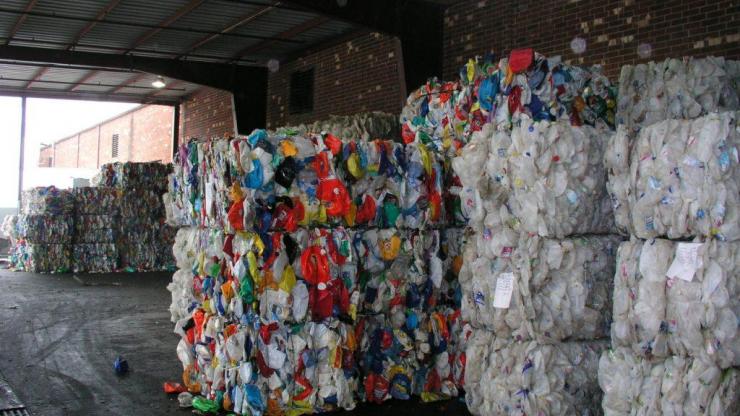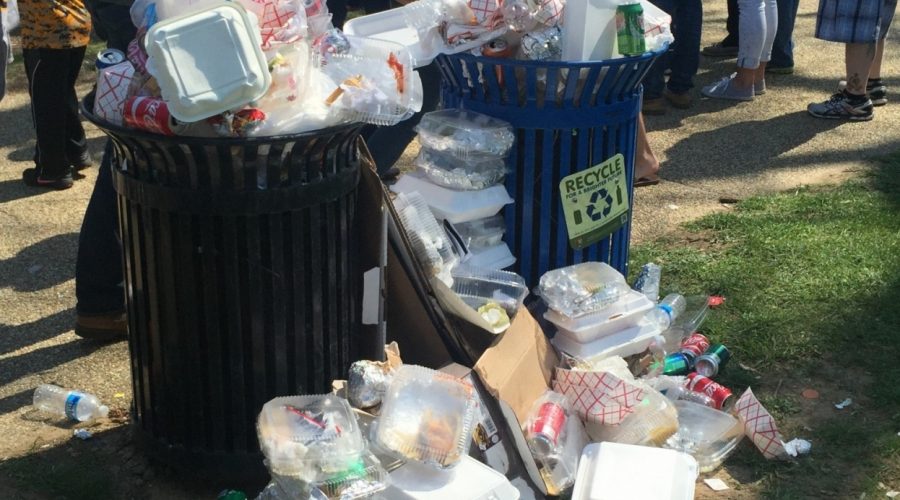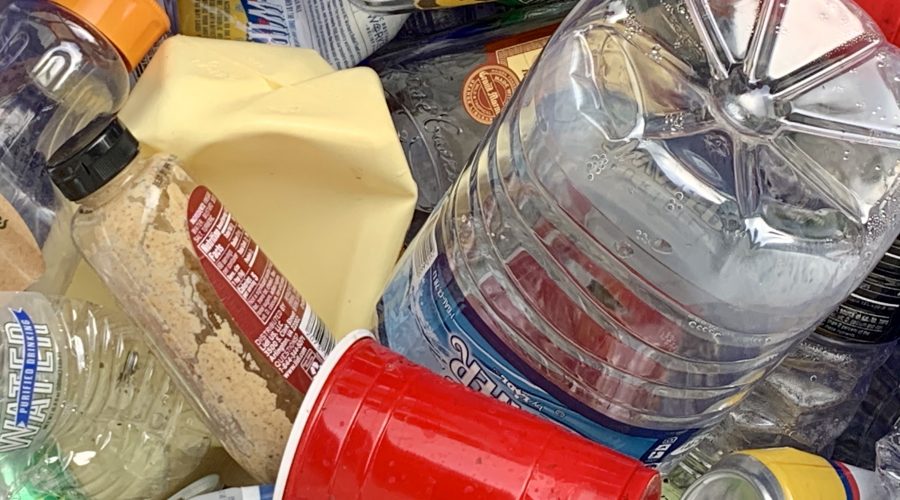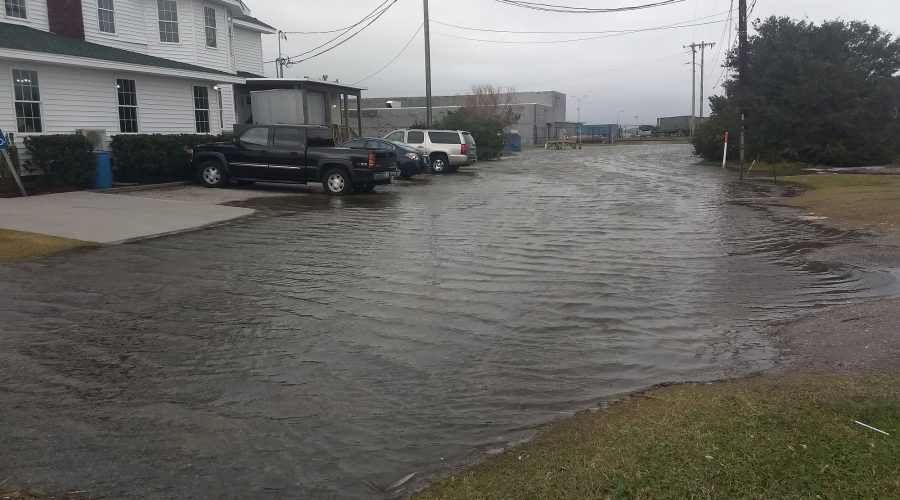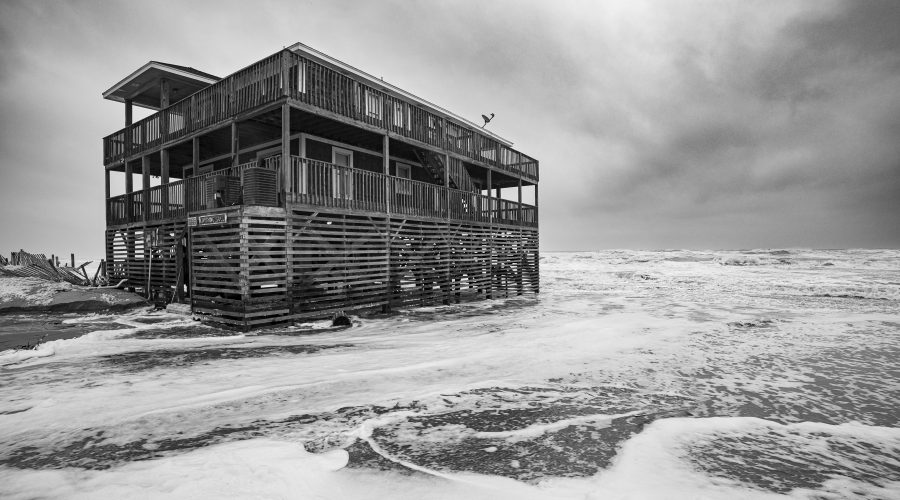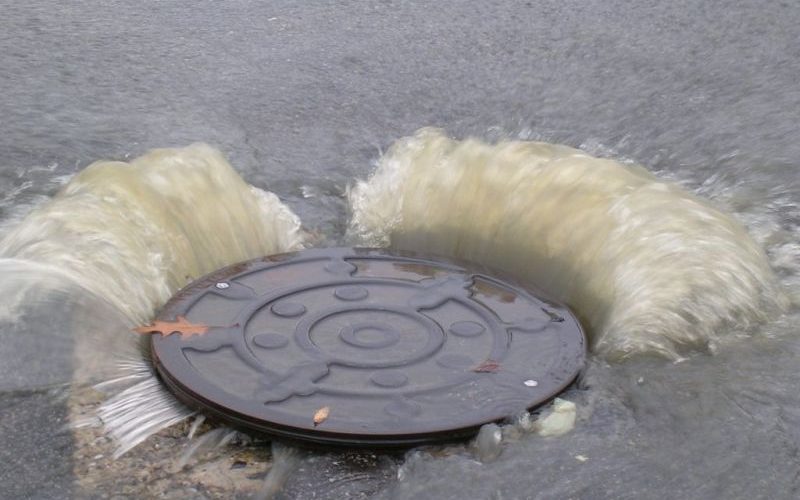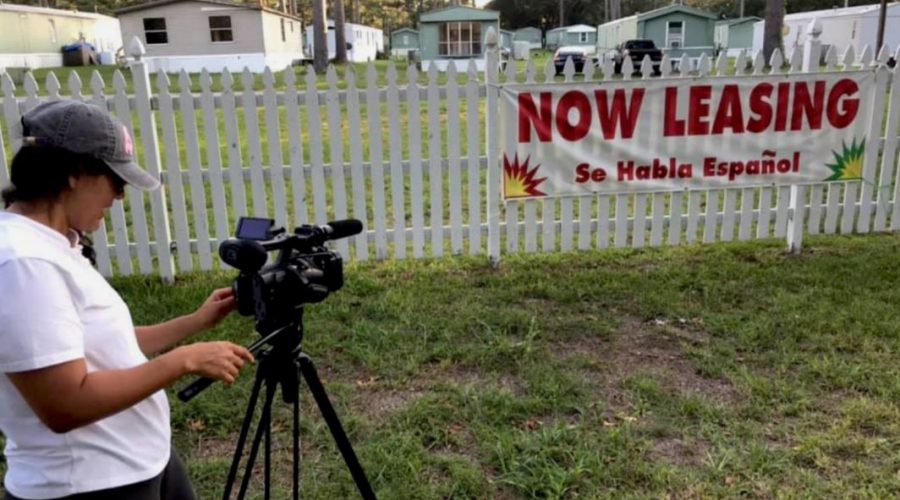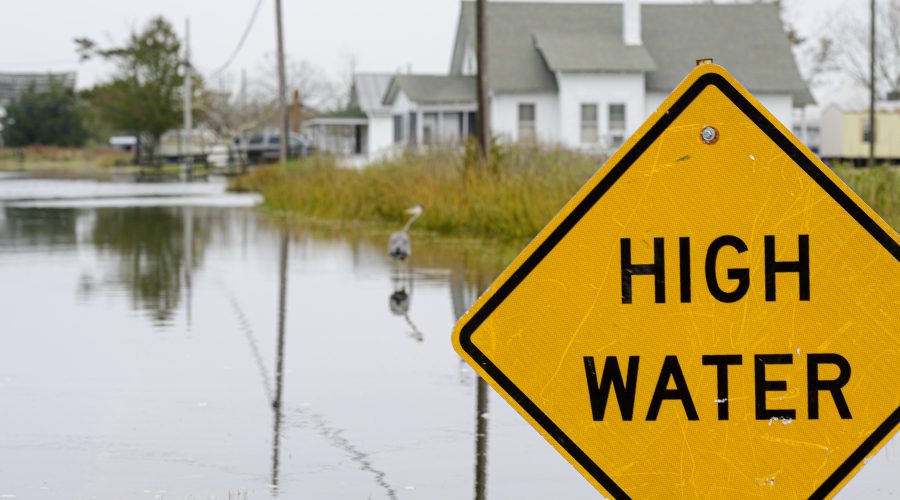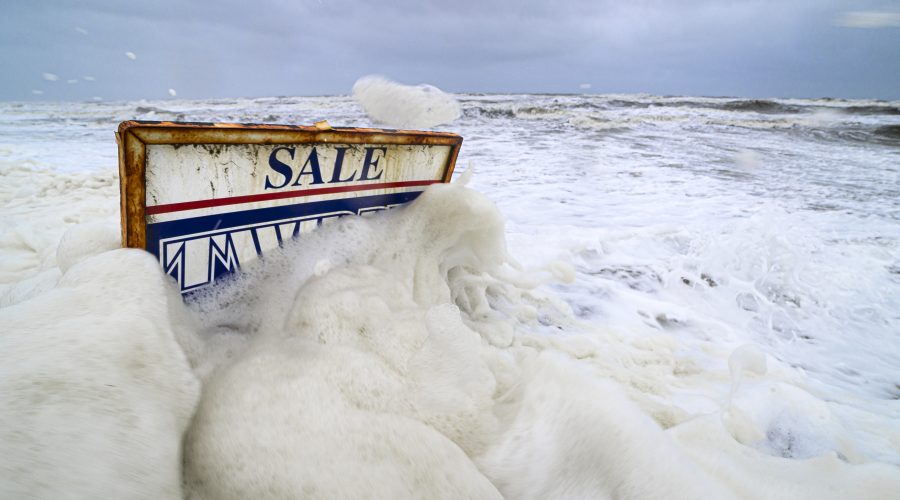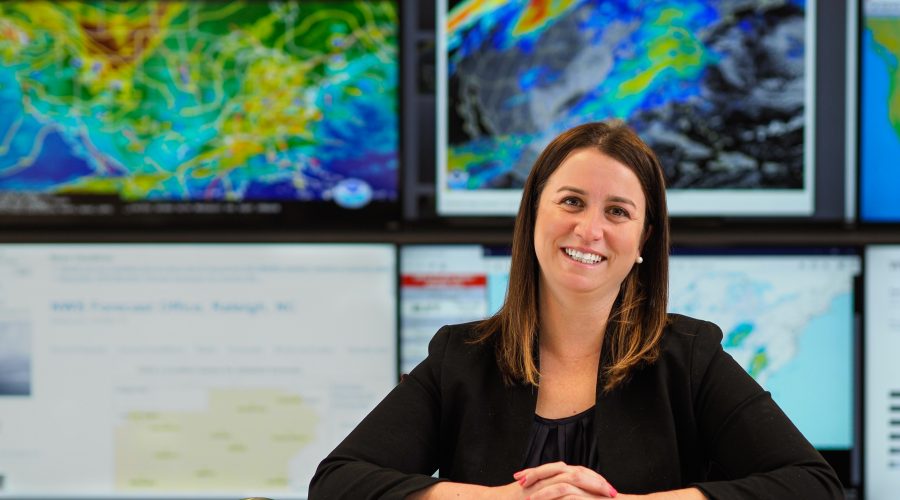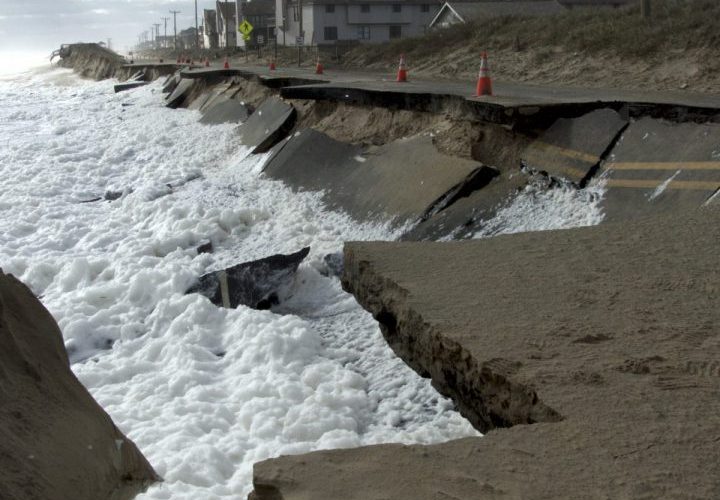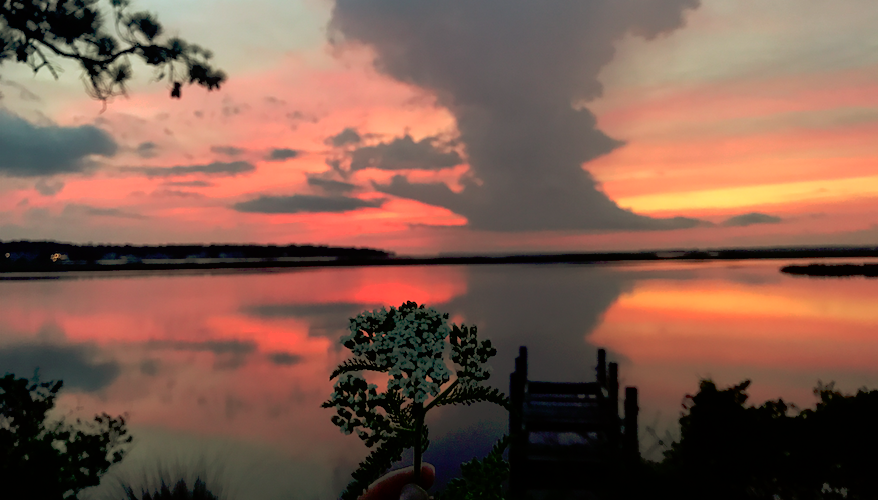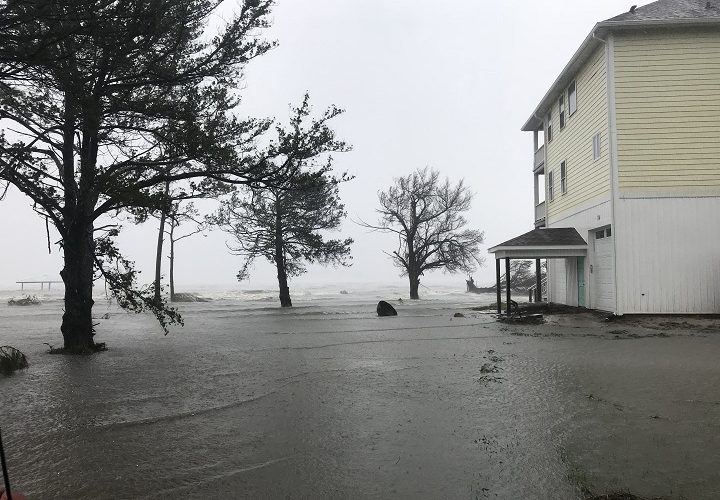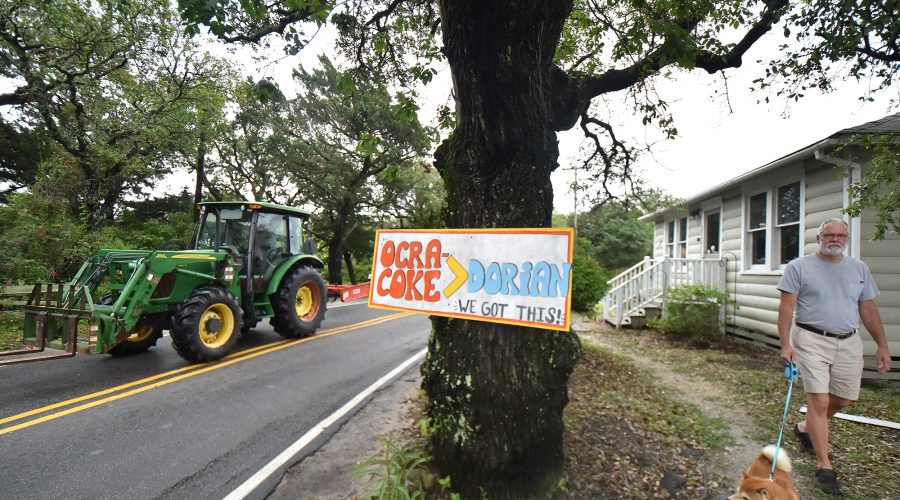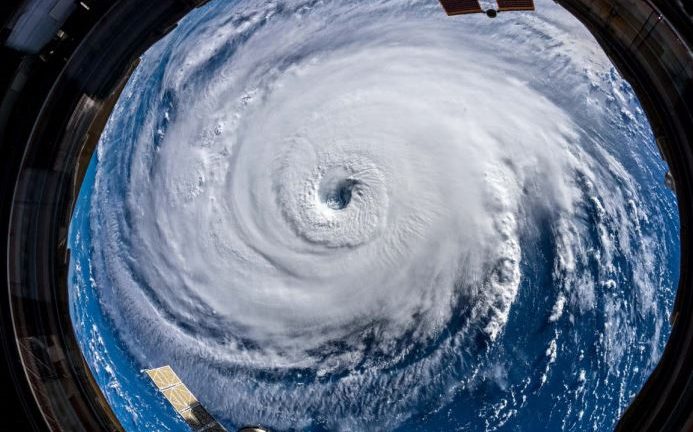UNCW’s MarineQuest outreach program Turtle Trash Collectors has launched a citizen-science project to better understand how COVID-19 is affecting pollution and marine debris.
special report
Recycling Industry Faces New Challenges
Waste and recycling organization representatives have seen a change in what and how residential customers are recycling since the stay-at-home order was put in place this March to slow the spread of COVID-19.
Cleanup Organizers Adjust During COVID-19
Since March, cleanup organizers, who have noticed an increase in COVID-19 related litter, have had to adjust to coronavirus precautions in order to continue to combat litter and debris.
Coastal Restaurants’ Plastic Usage Rebounds
In the first in a series about how COVID-19 has changed the waste stream, including plastics, Ocean Friendly Establishments coordinators continue to encourage using reusables safely when possible.
Stormwater Issues Worsen As Climate Warms
Flooding in North Carolina’s coastal communities has rapidly worsened in scale and frequency as a result of climate change, but stormwater management is a costly problem, even when there’s political will, funding and community support.
NC’s First Sea Level Rise Report, 10 Years On
The original state report on sea level rise in 2010 yielded controversy rather than policy changes to address the problem, but officials say there’s response happening now at the state and local levels.
Sea Level Rise Puts Septic, Sewers At Risk
Higher groundwater levels, heavier and more frequent rain storms and flooding associated with climate change threaten both individual and centralized systems for wastewater along the N.C. coast.
Climate Project Turns Lens to Those Affected
The Resilience Film Festival tells the stories of Hurricane Florences’ far-reaching effects and the importance of resilient communities as documented by community journalists.
NC Has Plan, But Resilience Work Lies Ahead
The statewide plan released this week to address flooding, drought and extreme weather amid a growing population, aging infrastructure and public health threats is just a first step, officials say.
State Now Has Plan For Climate Resilience
North Carolina’s environmental agency has released a collaborative plan nearly a year in the making to help guide policymakers in making vulnerable communities more resilient to climate change and coastal storms.
Folks Ready to Talk Change: NC Climatologist
State Climatologist Kathie Dello says that since taking the job in 2019 she has found residents of North Carolina are ready and willing to talk about climate change, and that the state can be a leader.
Resilience Bigger Part of Plan to Save NC 12
Maintaining the vulnerable sliver of Outer Banks highway known as N.C. 12 has long been a challenge, but state officials say they are now adopting a more resilient approach to infrastructure design.
Young Adults On Banks Have Ridden Storms
Young people on North Carolina’s Outer Banks who have grown up facing the challenges of climate change on an almost yearly basis say decision makers should take the problem more seriously.
Where Storms Are Lore, Folks See Change
In Down East Carteret County, where tales of hurricanes are woven through far-reaching family histories, residents say more recent storms are different and signs of a bigger change.
Signs Of Change Are Clear, If Language Is Not
Residents of coastal North Carolina acknowledge that changes attributed to climate change and sea level rise are happening, but there’s still a reluctance to use the terms.
NC’s Turning Point For Climate Science
Hurricane Florence in 2018 marked the beginning of a shift in attitudes toward climate science, researchers say, but whether increased acceptance leads to policy changes remains uncertain.


